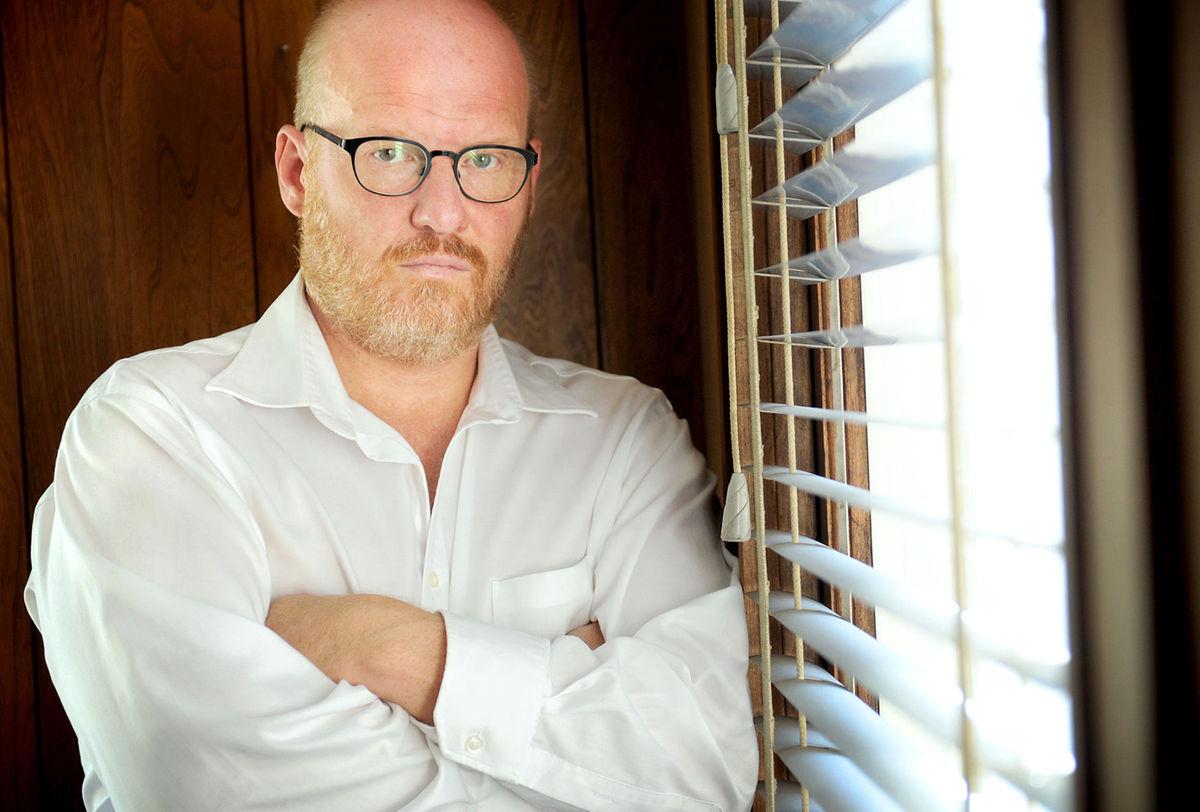|
House, Senate child abuse bills both address statute of limitations, differ on retroactivity
By Dave Sutor
Two separate bills to extend the statutes of limitation for victims of child sexual abuse have been introduced into the Pennsylvania General Assembly this year. Both would eliminate all age limits for criminal actions and civil lawsuits against alleged abusers going forward. However, there is a major difference. A House of Representatives bill – introduced by state Rep. Mark Rozzi, a Democrat from Berks County, and supported by state Rep. Frank Burns from East Taylor Township – includes a two-year window in which past victims could file civil complaints against their alleged abusers. The Senate version does not contain any such retroactivity. That point of contention led to the issue going unresolved last year when similar bills were debated after the Pennsylvania Office of Attorney General issued a report – released one year ago on March 1, 2016 – that accused the Roman Catholic Diocese of Altoona-Johnstown of covering up child sexual abuse. “My reason for retroactivity is all victims deserve justice in this commonwealth,” Rozzi, an alleged victim of child sexual abuse, said. Retroactivity is opposed by President Pro Tempore Joseph Scarnati, a Republican from the 25th District who put forth the Senate bill, the Pennsylvania Catholic Conference, and the Insurance Federation of Pennsylvania. Scarnati's office did not respond to a request for an interview. Sam Marshall, president and CEO of the Insurance Federation of Pennsylvania, said the Senate version provides “very strong protection against child abuse” for “today's children and children going forward.” Opponents of retroactivity believe it would violate the Pennsylvania Constitution's remedies clause that states “all courts shall be open; and every man for an injury done him in his lands, goods, person or reputation shall have remedy by due course of law, and right and justice administered without sale, denial or delay.” The two-year window will “not pass muster under the Pennsylvania Constitution,” according to Marshall. Rozzi and his supporters, including Shaun Dougherty, a Westmont resident who came forward with his allegations of abuse after the grand jury report was released, disagree. “Retroactivity needs to go up and be voted on,” Dougherty said. “And, if it is deemed to be unconstitutional, which I don't believe it will, but if it is deemed to be unconstitutional, I, as a victim, need to hear that from a judge, from an elected judge in Pennsylvania.” Rozzi's bill includes a severable provision that states if any part of the legislation is held invalid by the courts that it shall not affect other parts of the statute. He has challenged the president pro tempore to let the court system decide the constitutionality. “If Scarnati thinks it's unconstitutional then what's he so afraid of?” Rozzi asked. Under Pennsylvania's current civil statute of limitation, victims who were under the age of 18 when the abuse occurred can file civil claims until age 30. Criminal charges can be brought until age 50 by alleged victims born after Aug. 27, 2002. Those statutes prevented any new charges or claims being brought against the living priests accused of committing child sexual abuse in the Altoona-Johnstown grand jury report. At the time of its release, the attorney general's office called for eliminating the statutes. Contact: dsutor@tribdem.com
|
.
Any original material on these pages is copyright © BishopAccountability.org 2004. Reproduce freely with attribution.
